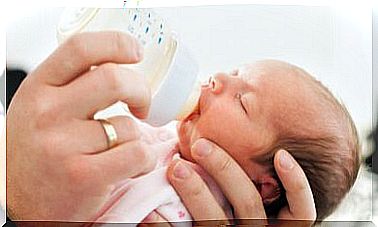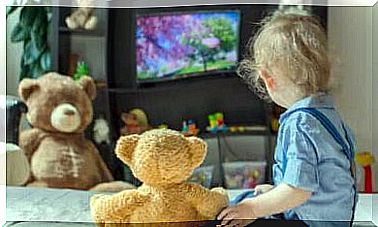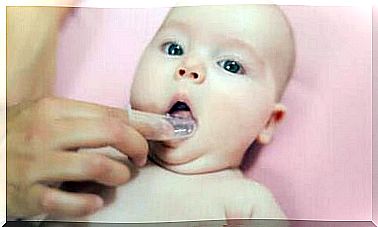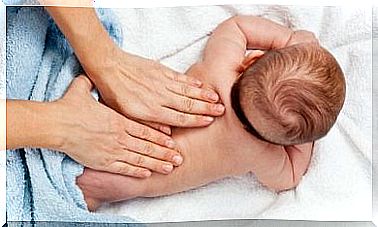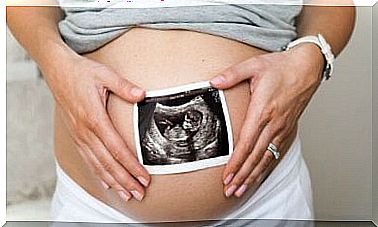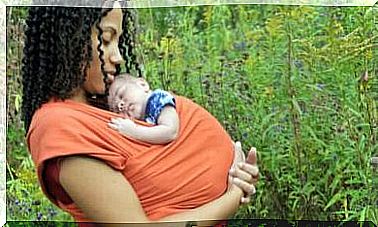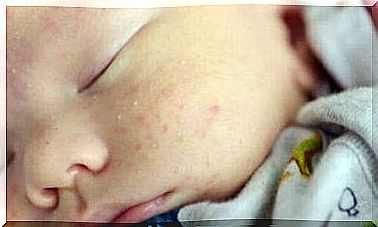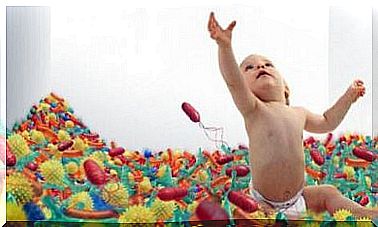Breathing In Newborns
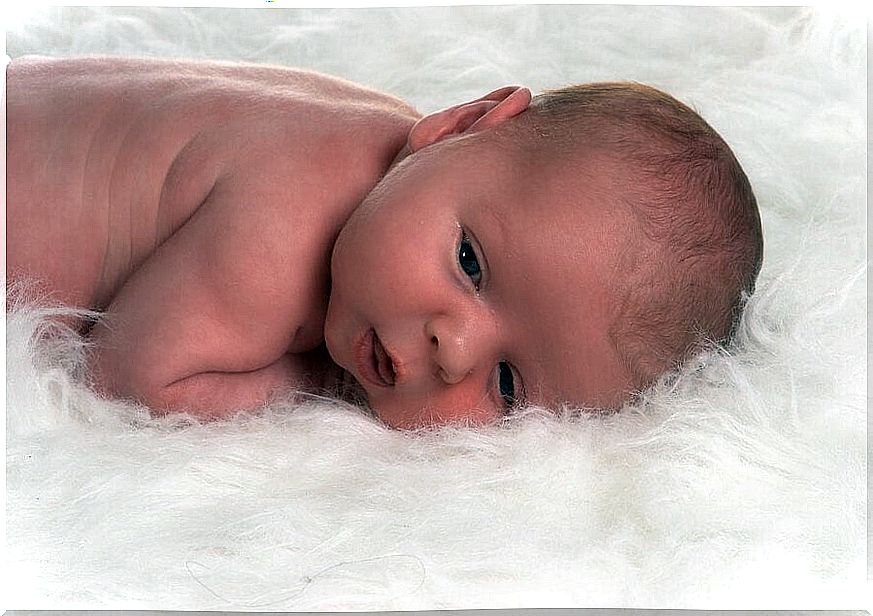
Although respiratory irregularities may seem unsettling, there is no need to be alarmed. The different frequencies of breathing are completely normal and it stabilizes as the little one grows.
If you want to make sure your baby is breathing properly, you should be careful and take into account his or her breathing rhythm. In general, newborns should have between 40 and 60 breaths per day. minute.
Breathing in newborns
A newborn breathes faster than an adult. This is because they do not have the lung capacity to hold on to much oxygen, so they need to inhale and exhale more often.
An adult has about 18-20 breaths per day. minute. On the other hand, newborns inhale and exhale between 40 and 60 times per day. minute.
To be sure, breathing in newborns is not entirely rhythmic as their breathing is fast and shallow. In some cases, they are slower and longer, which is then followed by shorter breaths.
Next, they can pause for a few seconds, not breathing at all. This is known as “periodic breathing” and is quite common in most healthy babies.
In addition, if you want to make sure your baby has normal breathing, we recommend that you follow the advice below:
- Observe the baby’s breast for a week and look for irregularities in the way the breast raises and lowers. If the pattern changes, go to a pediatrician.
- Listen to the sounds your baby makes in his sleep. We recommend that you place your ear near your mouth or nose so that you can catch irregularities in your baby’s breathing.
- Consider placing your cheek next to your baby’s nose and mouth so you can feel the moisture and warmth of breathing. That way, you will be able to observe if any changes occur while your baby is sleeping.
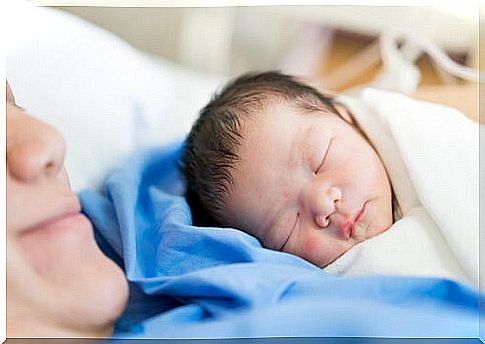
Why is breathing in babies noisy?
In many cases, noisy breathing is caused due to the sound of the air flowing over the saliva that accumulates in the back of the baby’s throat. Unlike adults, babies cannot clear their throats, cough when they want to, or consciously control their own breathing.
Therefore, we recommend that you use saline nasal drops in the situations you consider appropriate. These liquefy the nasal secretions and help clean the mucous membranes, which can clog the baby’s nostrils.
However, before doing this, check with your pediatrician to make sure there is no medical cause to blame for the noisy breathing.
These are things that can cause newborn breathing to be noisy:
- Their airways are small. That means they can not draw in as much air at the same time. They need to inhale and exhale more often than adults.
- Newborns have a very small nose.
- Their nose may become stuffy with mucus.
- Babies inhale and exhale through the nose.
- If the baby’s nose is constipated, it may make breathing more noisy.
- Excessive saliva that accumulates in the back of the throat.
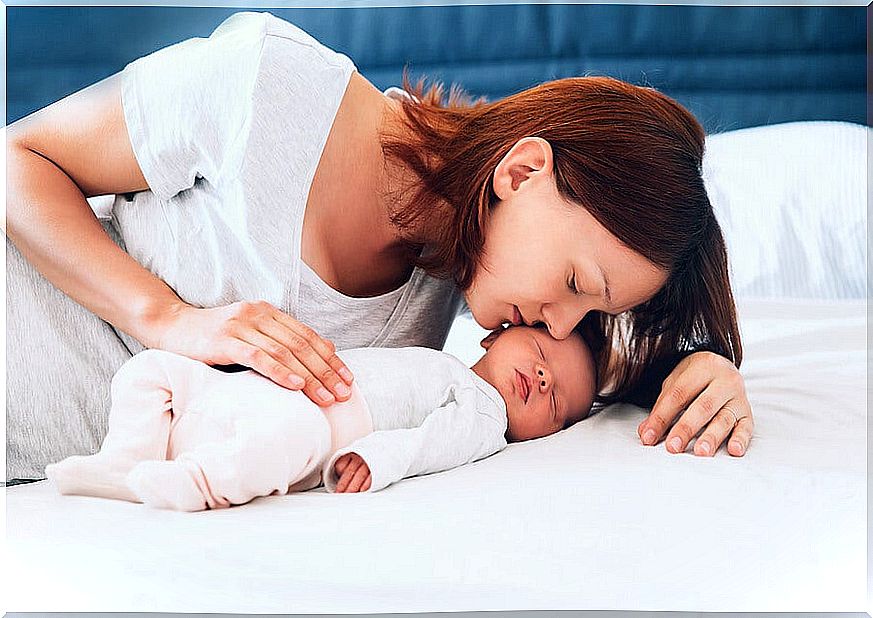
When should you seek medical attention?
In babies, minor symptoms can get worse very quickly. Therefore, we recommend that you seek medical attention immediately, in the following cases:
- Breaks in breathing lasting more than 15 seconds.
- The baby stops breathing and the area around the mouth becomes limp, pale or bluish.
- The baby’s skin acquires a bluish color during periods of normal breathing.
- The baby vomits repeatedly, and does not eat well.
- High fever, – 100 ° F / 38 º C – or more.
- The baby breathes very quickly.
In conclusion, keep in mind that breathing in newborns can be accompanied by strange sounds, although, in most cases, it is not something you need to worry too much about.
It is only in the cases that we have mentioned above that require special attention as well as an immediate visit to a specialist.
